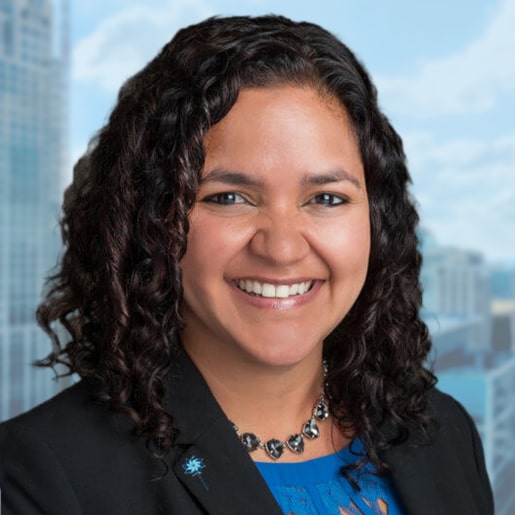“We all have the power to change someone’s life through our relationships.” That is a key takeaway from this past Sunday’s 60 Minutes segment on childhood trauma where Oprah interviewed Dr. Bruce Perry, Senior Fellow of the Child Trauma Academy and member of the board of directors of Prevent Child Abuse America.
Healthy relationships—between adults and children, and adults and adults—are the critical factor that can prevent children from experiencing traumatic events, also known as Adverse Childhood Experiences (ACEs). Research shows that ACEs, like child abuse and neglect, actually disrupt the development of a child’s growing brain.
These disruptions lead to negative, lifelong health consequences such as increased risk for heart disease, mental health issues and suicide. However, healthy relationships reduce social isolation and promote connectedness, providing a supportive presence for adults and children and helping to prevent ACEs in the first place.
This presence is most important during the first three years of a child’s life when the brain is growing the fastest and is most malleable by experiences. New research into the health outcomes of positive childhood experiences gets to the heart of Dr. Perry’s conversation with Oprah. By working to ensure that parents and communities are best equipped to create safe, stable and nurturing environments for children, we can prevent childhood trauma before it occurs. And it all starts with relationships.
As Dr. Perry says, “the real change is in what you do.” You don’t have to be a child-care professional in order to have an impact. We all can play a role by creating the conditions and contexts that help families and communities foster safe, stable and nurturing relationships and environments.
By mentoring a parent or child in your community, you can provide support to parents when they need it and help build resiliency in children. Caring adults can be coaches, youth group leaders, or friendly neighbors, and these relationships promote healthy experiences by providing another resource for support and guidance.
Similarly, there are programs making a difference today by promoting healthy child development and connectedness within families and communities. Our Healthy Families America (HFA) home visiting program emphasizes approaches that promote healthy relationships between babies and new parents. By pairing home visitors with parents, programs like HFA provide support and guidance to new families in communities across the country.
You can help by forming relationships with your local legislators about advocating for policies that fund evidence-based programs like home visiting. You can also encourage a local business or community agency to adopt approaches that support growing children and families, like flexible work schedules, and help prevent child abuse and neglect in the first place
By getting involved in your local community or by supporting the work going on in child and family serving agencies across the country, you can help provide positive experiences to children, build relationships with families, and prevent childhood trauma from ACEs before it can ever occur.



